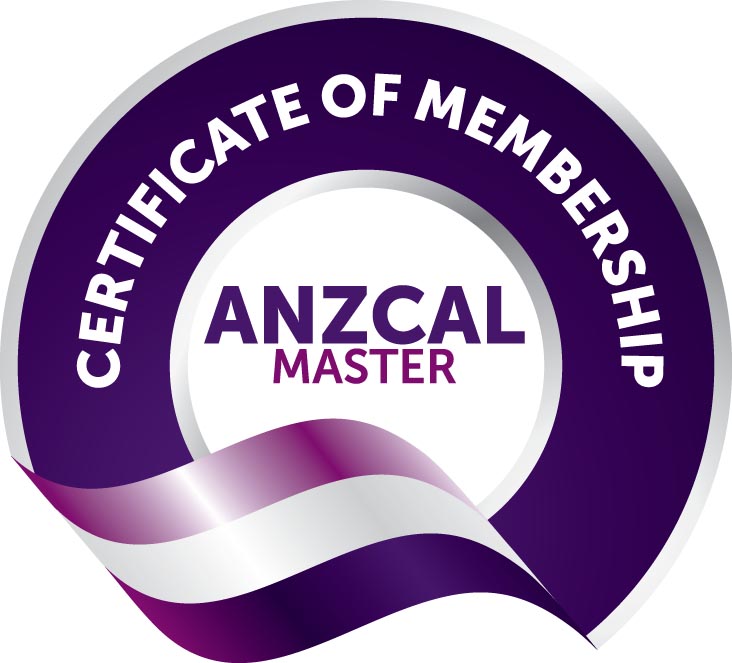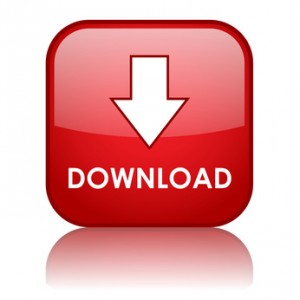Teacher wellbeing is the state of feeling good and functioning well as an educator. It involves physical, mental, emotional and spiritual aspects of wellbeing. Teacher wellbeing is important not only for teachers themselves, but also for the quality of education they provide and the outcomes of their students. However, teacher wellbeing can be challenged by various factors, such as high workload, low pay, lack of support and stress (The Education Hub , 2020).
Work-life balance is the state of having a satisfactory and harmonious relationship between your work and personal life. It involves managing your time, energy and resources effectively to meet your needs and goals in all areas of your life. Achieving work-life balance is essential for teacher wellbeing, as it can prevent burnout, enhance satisfaction, and improve overall performance (ResearchGate , 2014).
How can early childhood educators achieve teacher wellbeing and work-life balance? Here are some strategies that can help:
-
Manage your time and priorities
Time management is the skill of planning, organizing and executing tasks efficiently and effectively, whereas priority management is the skill of identifying, ranking, and focusing on the most important tasks. Early childhood educators can manage their time and priorities by:
- setting SMART goals
- using a calendar or planner
- creating a daily or weekly schedule
- delegating or outsourcing tasks
- avoiding procrastination
- setting clear boundaries
By managing their time and priorities, early childhood educators can reduce their workload, meet their deadlines and have more time for themselves and their families (Chartered College of Teaching, 2020).
-
Seek support and collaboration
Support and collaboration are the processes of giving and receiving assistance, feedback and resources from others. Early childhood educators can seek support and collaboration from their colleagues, mentors, supervisors, administrators, parents or professional networks. They can also participate in professional development opportunities such as workshops, courses, webinars, books, or podcasts.
By seeking support and collaboration, early childhood educators can enhance their skills, solve problems, share ideas, learn from others, and feel valued and respected (NAEYC , 2016).
-
Practice self-care and wellness
Self-care and wellness are the practices of taking care of your own physical, mental, emotional and spiritual health and is put into practice taking the following actions:
- engaging in regular exercise
- eating a balanced diet
- getting enough sleep
- drinking enough water
- meditating or relaxing
- pursuing hobbies or interests
- expressing gratitude or positivity
- celebrating achievements
- seeking counseling or therapy if needed
By practicing self-care and wellness, early childhood educators can boost their mood, energy, resilience and happiness (ZERO TO THREE , 2021).
-
Find meaning and purpose
Meaning and purpose are the senses of significance and direction that one has in life. They involve identifying personal and professional values, goals and the impact we have on others or society. Early childhood educators can find meaning and purpose in their work by:
- aligning their work with their values and strengths
- serving a cause greater than themselves
- contributing to the wellbeing of children and families
- reflecting on their impact and legacy
- finding joy and passion in what they do.
By finding meaning and purpose in their work, early childhood educators can increase their motivation, satisfaction and optimism (Seligman et al., 2012).
Teacher wellbeing and work-life balance are vital for early childhood educators, and while these strategies do not address the complexities of teaching demands, they provide a starting framework. By managing time and priorities; seeking support and collaboration; practicing self-care and wellness; and finding meaning and purpose in their work; early childhood educators can achieve teacher wellbeing and work-life balance.
© Gaynor Clarke, 2023
Gaynor Clarke
B.Ed (Teaching), Cert Tertiary Teaching, PGDip Ed, MEd Leadership
Reach. Teach. Lead.
Reach Education Ltd
Teacher Leadership Mentoring and Life Coaching. Personal and Professional Development.
Gaynor is a teacher educator and mentor facilitating personal & professional leadership wellbeing outcomes for teachers.
If you are an early childhood teacher or leader looking to enhance your leadership skills, I would love to work with you. As a leadership mentor and coach, I specialize in helping early childhood educators develop their leadership potential and make a positive impact for the ākonga they serve. If you are interested in learning more about my leadership mentoring services, please visit my website or contact me directly to schedule a consultation. I would love to work with you!
References:
The importance of teacher wellbeing – THE EDUCATION HUB. https://theeducationhub.org.nz/the-importance-of-teacher-wellbeing/.
Early Childhood Teachers’ Well-Being: What We Know and Why We Should …. https://www.zerotothree.org/resource/early-childhood-teachers-well-being-what-we-know-and-why-we-should-care/.
Quality of Work-life Balance Among Teachers in Higher Education …. https://www.researchgate.net/publication/261830642_Quality_of_Work-life_Balance_Among_Teachers_in_Higher_Education_Institutions.
To promote success in schools, focus on teacher well-being – Brookings. https://www.brookings.edu/blog/education-plus-development/2019/05/06/to-promote-success-in-schools-focus-on-teacher-well-being/.
Teacher wellbeing and workload: Why a work–life balance is essential …. https://my.chartered.college/early-career-hub/teacher-wellbeing-and-workload-why-a-work-life-balance-is-essential-for-the-teaching-profession/.









Leave a Comment
You must be logged in to post a comment.